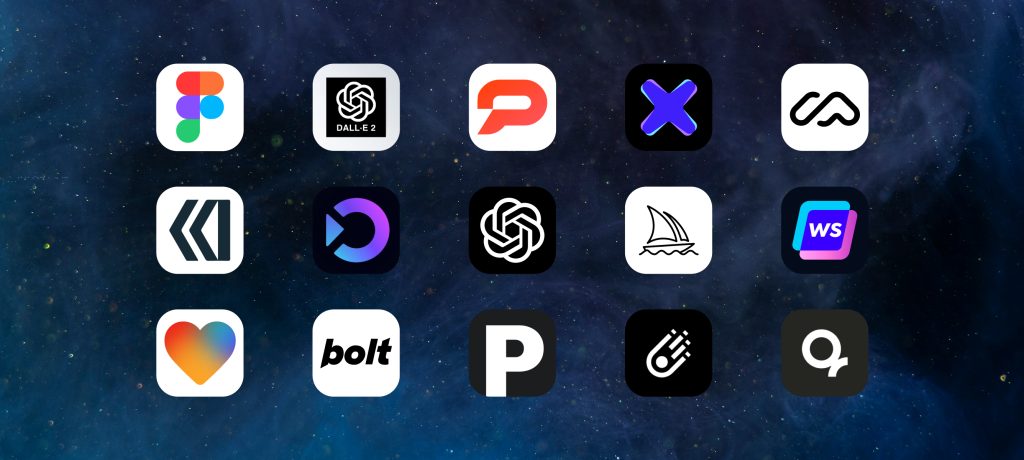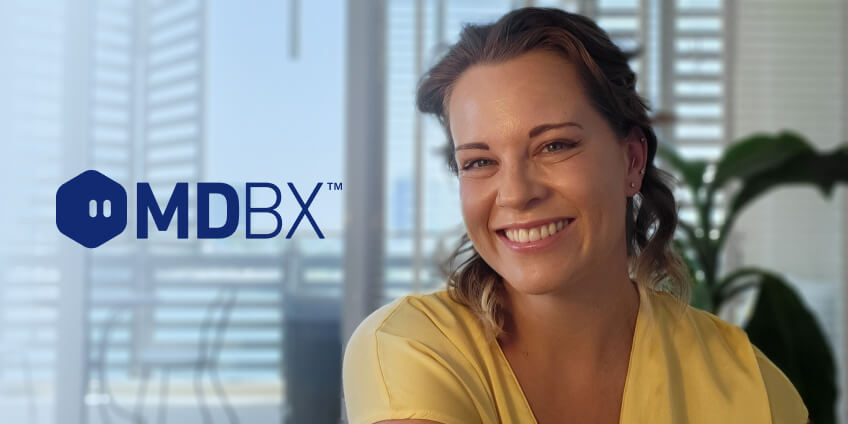Episode Overview
In this 2nd episode of the Modus Podcast, Kareem Elsirafy, managing partner at Modus Capital, explains the difference between VCs and Angel Investors, while also discussing when it is recommended to actually raise capital and the fundamental tools needed to raise money.
Host
Kareem Elsirafy: Website // LinkedIn
Episode Transcript
Hello Everyone! Kareem Elsirafy here, Managing Partner at Modus Capital, and this is our second episode of the modus podcast.
The Modus podcast is focused on answering the most commonly asked questions when it comes to startups investing and all things related to entrepreneurship. So in our second episode today we’re going to talk about VCs and how they actually work, things you need to take care of when you’re seeking capital for your venture, and the difference between different types of investors.
So let’s start with the difference between VCs, angel investors, and bootstrapping. Bootstrapping is the first thing that you’re going to do once starting an entrepreneurial endeavor.
What does bootstrapping mean? It means lacing up your boots and doing it on your own with your own funds, with your own resources, or with your own time if that is all you have. Now, this is critical because you want to be able to validate your product or your solution somewhat or at least test or hypotheses before going out to raise money.
The reason being is that most investors will want to see some sort of validation on your idea or your concept that gives them comfort in knowing that this is a feasible venture and that will allow them to then actually give you proper consideration into giving you funds to be able to support your endeavor and help you grow your business.
The first type of investors are usually friends and family, outside they call them the three Fs, friends, families, and fools, right? The people who are willing to risk that very, very early money and that’s primarily because they believe in you. They believe in you as an individual, your skillset, and you as a smart person. Again, you understand the problem very well and can, therefore, be able to find a good solution and these are probably the biggest risk-takers and they are also going to be your biggest fans.
After that, you’re going to go to angel investors. These are usually investors who understand an industry very, very well, maybe a similar industry that you are working in, and because they understand the industry, they understand the problem and the solution and therefore have a bit of comfort and being able to put in some early money. They usually help with the validation phase. Getting validation at scale, being able to support you with small funds to get early data that will actually help drive what this business would look like in the future.
The second type of investor after angels are going to be more family offices and VCs. Family offices are usually offices of ultra-high net worth individuals. They have some capital that they like to invest across the board to diversify, but a lot of the time you find them looking to invest in things that is again in their domain expertise or something that they think could be a value-added to, for example, their family business or some other endeavor that they have.
They may also be focused on a specific type of impact, so this is also something very, very good. Family offices like to focus on giving back to their local communities, people, or social good. So definitely something you want to consider.
And then next you have VCs. The VCs are more providing a financial product for their LPs or limited partners. They are the investors of investors. So what VCs try to look for is companies that can have the opportunity to give good financial returns to their LPs or limited partners. Limited partners are investors of the investors. Just so you know!
VCs vary. There are some that invest in early-stage so they may participate with angel investors and then there are some that are focused primarily on the growth stage or beyond. So it’s important for you to, if you’re considering raising capital from VCs, to be able to consider what is the VC that is good for me dependent on my company, the industry I’m in and the stage that I’m at. Next we’re going to talk about when to focus on raising money?
So this is something that I get asked very, very frequently. When should I go out and raise capital one? Should I begin looking for investors?
The reality is this is really subjective. It depends on the stage of your business. For me, I personally prefer that you get as absolutely far as long as possible as you can on your own, either bootstrapping or with friends and family. Because when you get to the point where you’re talking about approaching bigger VCs, more institutionalized investors, they’re going to be predominantly focused more on the financial gains and the financial returns and growth and with that, they’re going to want to get a really, really good deal. Now, it’s important for you as an entrepreneur to maintain as much equity as you can so that you properly incentivize yourself, that you can have economics to be able to share with future talent, bringing on somebody to lead your business development, technology, or product, and also to make sure that you ha that you all have the ability to get a good payout.
Now we all know that we’re here to solve big problems with great solutions, but at the same time, you want to be able to maintain your value and to be able to be rewarded for the work that you do. So again, when it comes to when to raise money, I recommend that you really try to go as far as you can with what you have. Even if you have raised money already, take as little as possible, take just enough money to get you to the next milestone that puts you in the company, your data and your statistics in a very, very strong position so that when you go and you approach investors, you have some really, really strong leverage, right? You want to have a very strong foundation of for which you can negotiate on.
The last point we’re going to talk about is how to get started and what you need to be able to raise capital.
So the first thing you’re going to need is a pitch deck. This should include a little bit about your story, your background, not too much, but just enough to make the investors know that you understand the problem and the solution that you are providing.
Another part of it is going to be actually talking about the problem itself, the solution, the market that you are targeting so that you can understand and so investors can understand what the opportunity is for you and for this business in the market. You’re then going to show what the product looks like or what you anticipate the product to look like if you have not built it yet, and then from there, you’re going to discuss business models.
Now it’s okay to not have the business model figured out in the beginning, but what I recommend is how at least three options, not more than three options on ways that you actually can make money from this business.
Whether it’s a subscription-based, whether it’s a margin on a product or service. It’s important to at least show investors that you’re thinking about how this can be a viable, profitable business. The last thing you want to do is you want to be able to say what you’re going to achieve next with the money that you’re going to raise, what those milestones are, and how you’re going to get there. And you also want to include a little bit about your team, who is going to be working with you, what the timeline is for you guys to be able to get to those milestones and how much of course you are raising and what you are looking for to provide equity in exchange for that capital for your business.
So this is it for our second episode. I want to thank you guys for listening and tuning in. If you have any questions, you can shoot us a topic that we will be more than happy to put on the podcast. You can shoot these questions to podcasts at www.modus.vc
Also, don’t forget to like our Facebook page, Instagram, and follow our social media accounts and we will talk to you soon. Thanks again!



